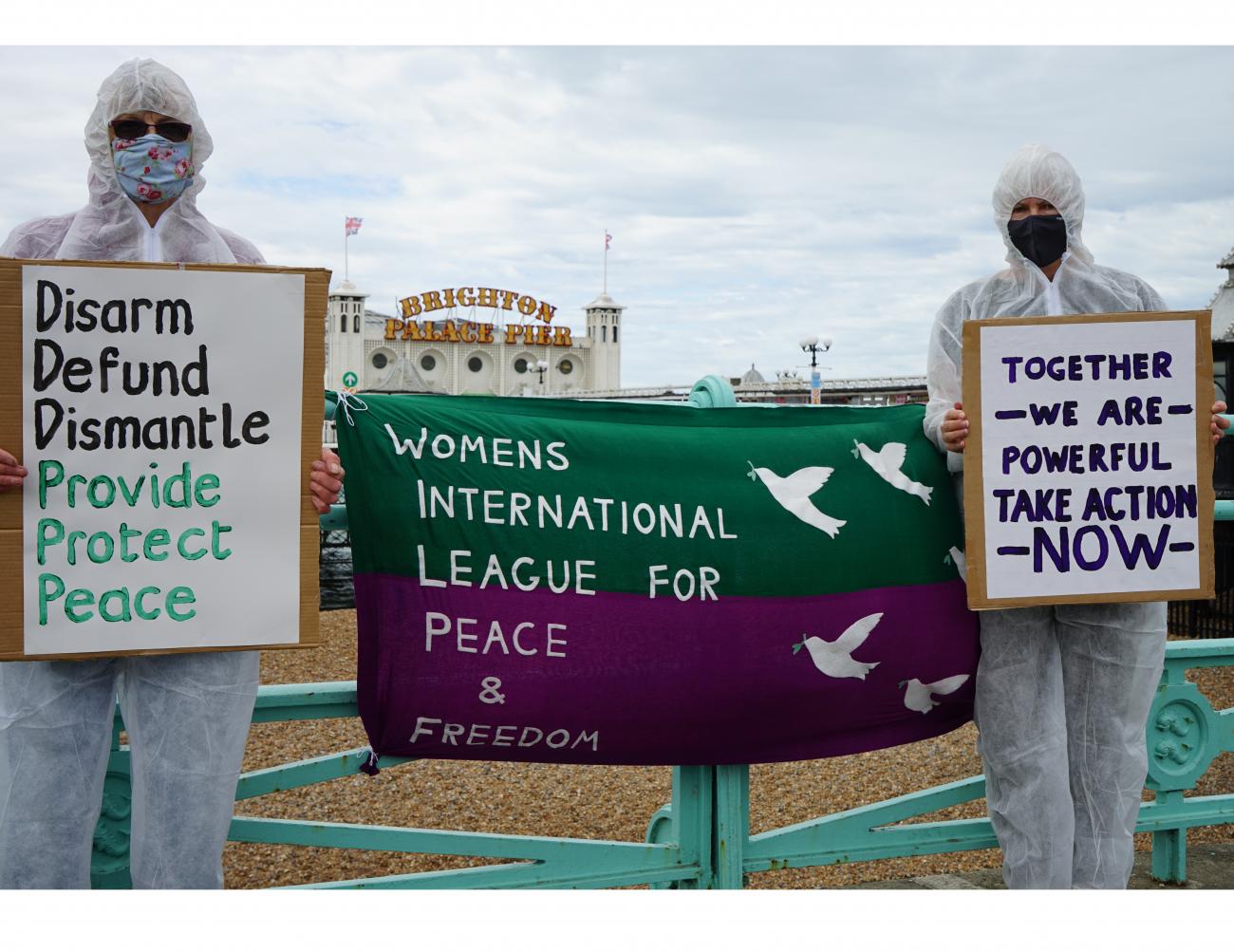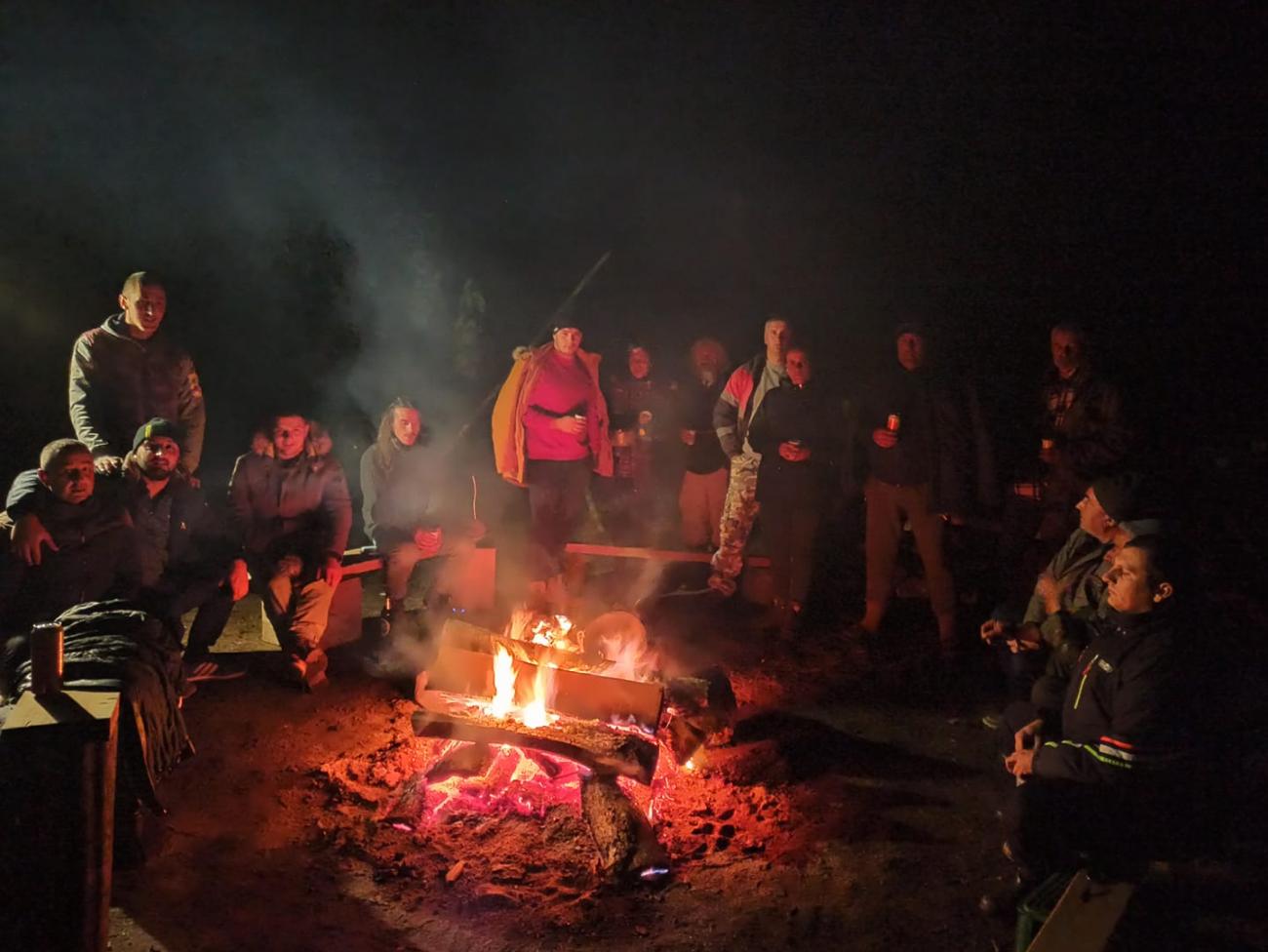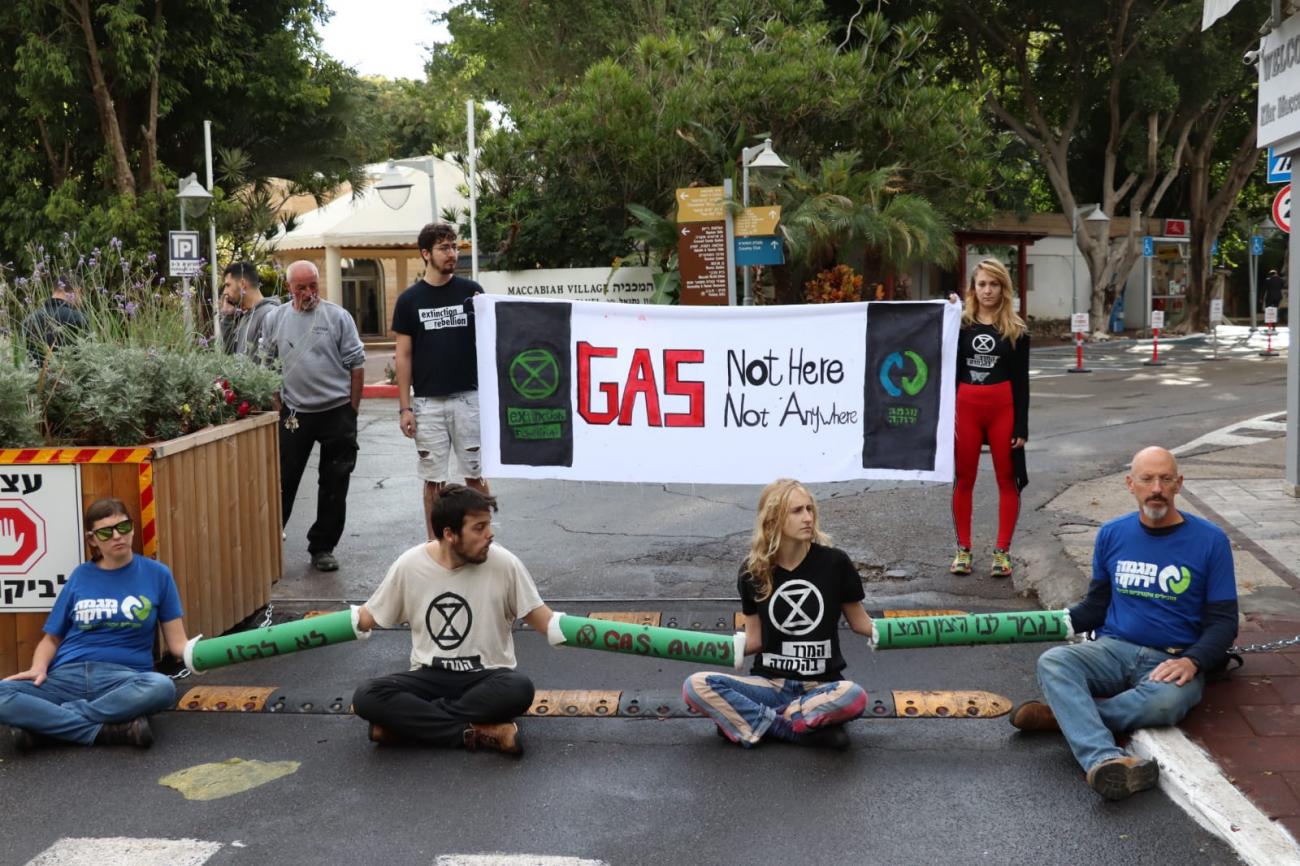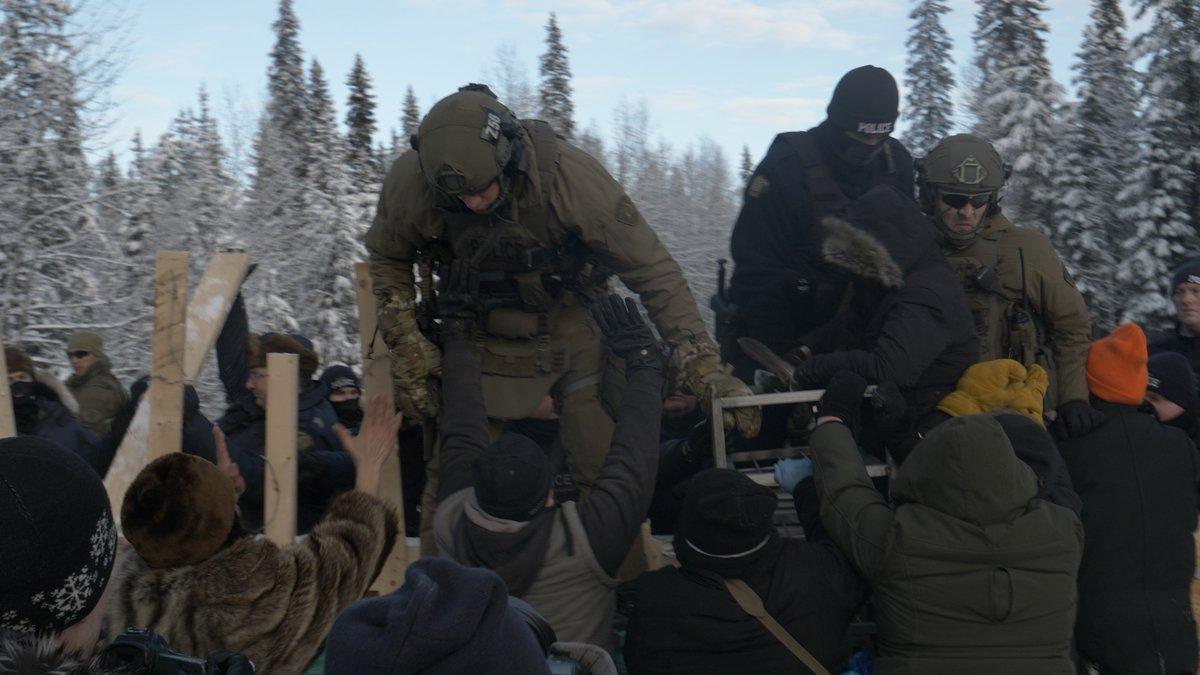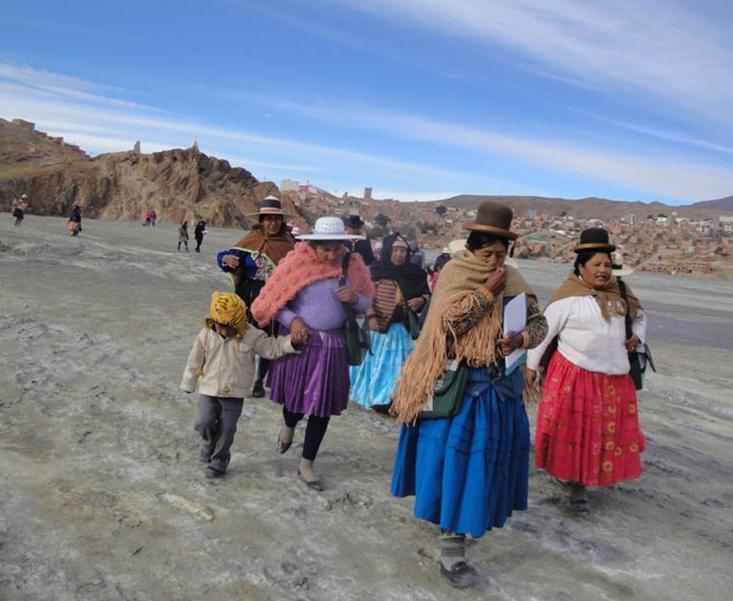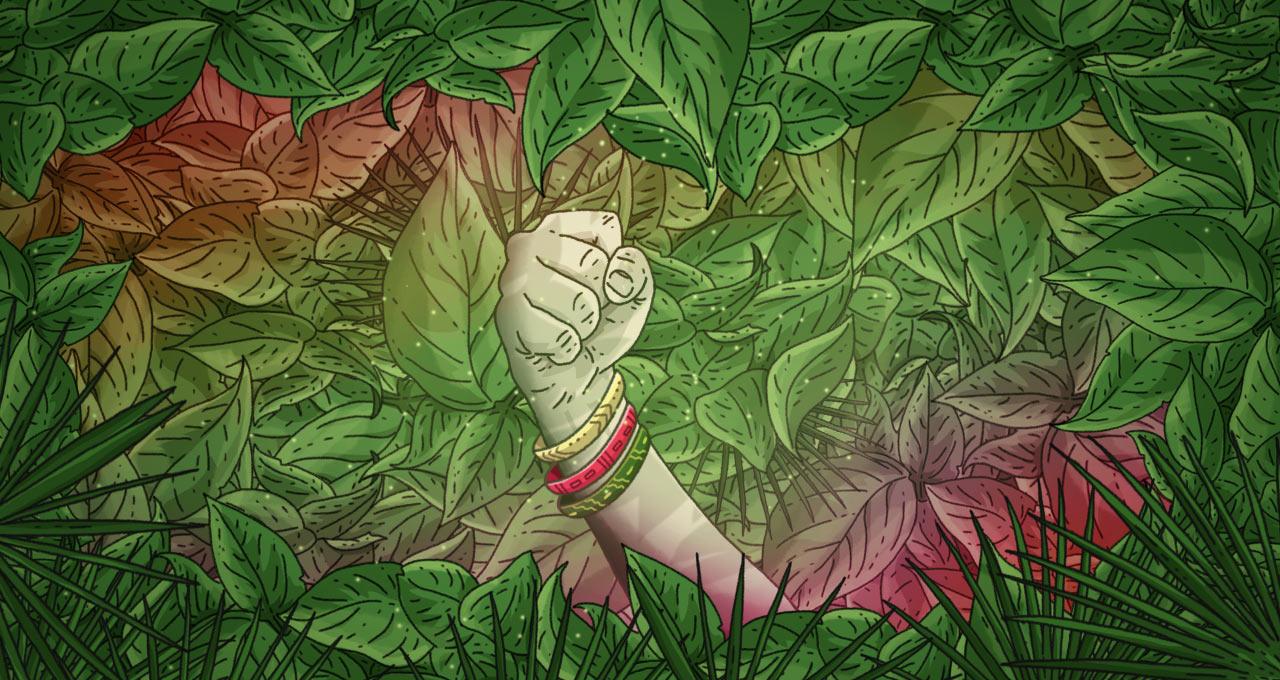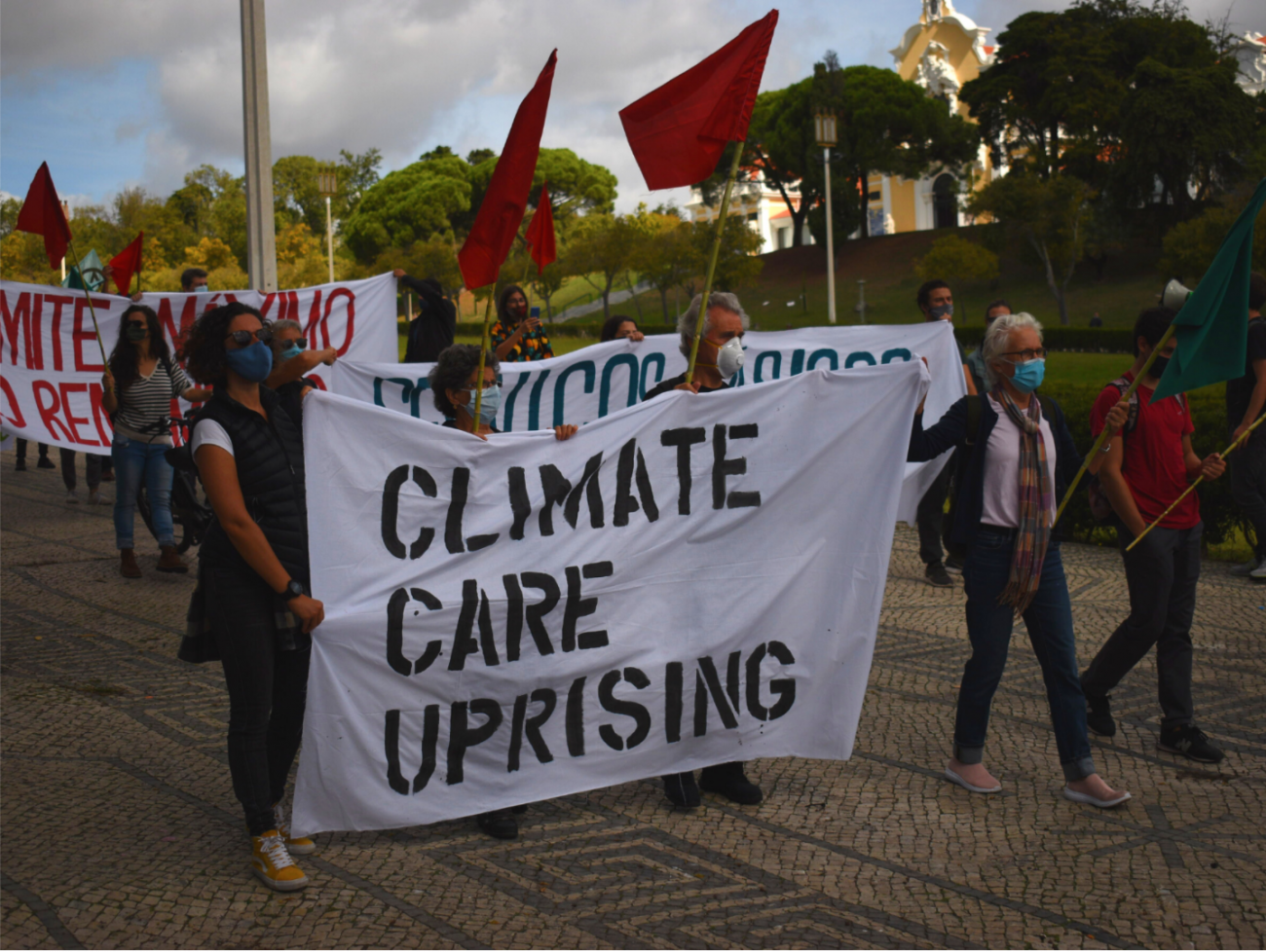The Broken Rifle
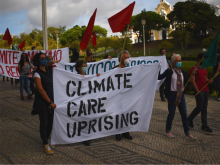
Ecological breakdown and rampaging militarisation are two threats that will come to define this period of history. Never has the world been more heavily armed, and never have we faced the potential of run-away climate change, biodiversity loss, and other forms of ecological breakdown.
In this issue of the Broken Rifle, we are exploring how these two defining problems of our times need to be thought of as intimately linked, and why our movements of peace and ecological justice should work together to respond to these crises.
Highlighting the links between militarism and the climate crisis, Chloé Meulewaeter explains the environmental damage of the very existence of militaries regardless in war or peacetime and discusses our need to bring “the military issue” into the debates on the environmental crisis. In another article, Daniele Taurino from Movimento Nonviolento, explores the term ‘climate disarmament’ emphasising the links between the antimilitarist agenda of disarmament and campaigning for climate justice.
Claire Duncanson and Carol Cohn from WILPF emphasise the gendered impacts of the climate crisis and war, both of which affect women disproportionately, and highlight our need for a feminist approach in countering increasing militarisation and climate crisis.
You will also find a number of articles by grassroots activists focusing on the local and regional cases, informing us about their inspiring campaigns.
Save Sinjajevina Association (SSA) introduces their campaign to stop military trainings taking place in Sinjajevina, Montenegro. SSA highlights the harmful impact of military activities on wildlife as well as the health, culture and the livelihoods of local people in the region.
In another article, Ya'ara Peretz, a member of the Gastivists Collective campaigning against the Eastern Mediterrenean (EastMed) Pipeline Project, explains how fossil fuel interests in the Eastern Mediterranean increase militarisation in the region and why we need to resist it. Again from the region, we are republishing a joint statement by 64 organisations originally published in September 2020. The statement, signed by organisations from Cyprus, Greece and Turkey, calls for an end to fossil fuel explorations in the Eastern Mediterranean and to stop further militarisation in the region. The organisations call on the states to take action for climate justice rather than conflicting over fossil fuel reserves.
Jennifer Wickham, a member of the Wet’suwet’en people, explains her community's resistance to the CGL pipeline across their territory in Western Canada. In the interview conducted with WRI staff, Jennifer explains the importance of the land to the Wet'suwet'en people, the different ways they have been resisting the pipeline, and the militarised response from Canada's militarised police units.
In their article Manuela Niño Rodríguez y Daniel Santiago Forero Mendez explains how extractivist industries across Colombia are fueling militarisation, and informs us about local communities’ ongoing resistance to protect their territories. Angela Cuenca Sempertegui, from Colectivo CASA Bolivia, also highlights how extractivism is linked to militarism, this time with a focus on the Bolivian case.
And finally, Andrea(s) Speck explains an international civil initiative to respond to the ongoing climate and ecological crisis: the Glasgow Agreement. Speck describes the Glasgow Agreement as “a 'people’s climate commitment' to take decisive action on greenhouse gas emissions” in the light of inaction by governments worldwide.
We are aware there are so many other issues in relation to militarisation and environmental crisis, and examples of resistance to it, we couldn’t include in this edition. We are hoping this issue of the Broken Rifle is a good start for us to think, discuss and act more on climate and ecological justice as antimilitarists. The ecological crisis and the militarisation of our societies cannot be understood separately, and our movements need to work together to respond to these interlinked crises.

